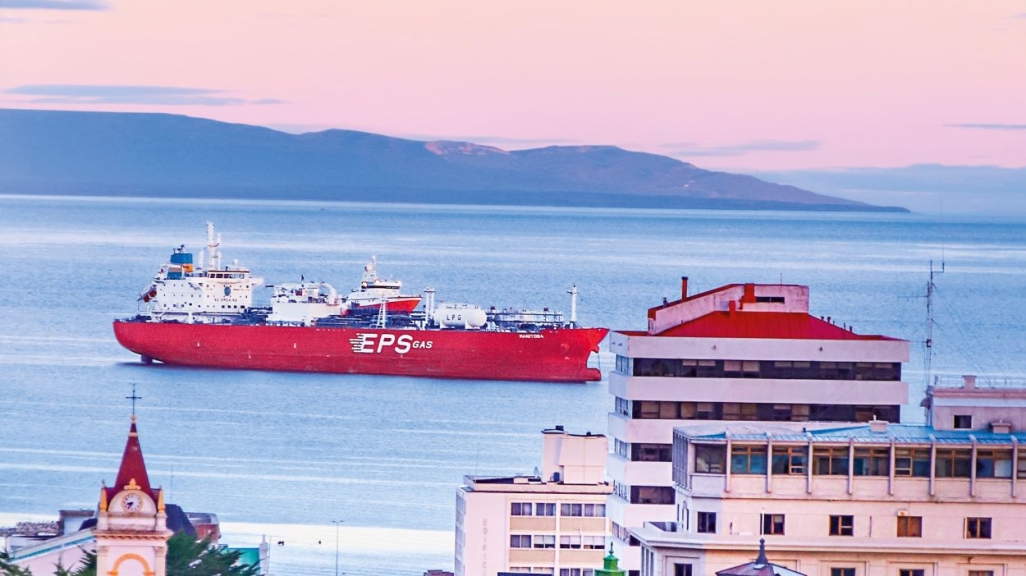Americas Quarterly's New Issue: How Ports Are Ground Zero for the Region's Challenges
Americas Quarterly's New Issue: How Ports Are Ground Zero for the Region's Challenges
The magazine looks at ports being at the intersection of crucial issues, such as crime, nearshoring, and climate change in Latin America.
New York, April 23, 2024—“If countries from Mexico to Colombia are to fully seize today’s nearshoring opportunities, port upgrades must be part of the equation,” write Americas Quarterly (AQ) editors in the magazine’s new issue, which focuses on the high-stakes opportunities and risks that Latin America’s ports represent.
“The eruption of violence in Ecuador earlier this year was largely about drug gangs battling for control of its biggest port, Guayaquil. Smuggling in Chile’s port of San Antonio is driving a broad crime wave, weighing on President Gabriel Boric’s approval rating. The Chinese are building a $3.5 billion port near Lima, a potential bonanza for exporters as far away as Brazil—and a source of geopolitical tension with the United States,” say the editors.
In the new issue’s cover story, Patricia Garip explains how Chile’s tiny port of Punta Arenas is becoming an unlikely hotspot for global shipping. The region’s periphery ports like this one are getting new attention as climate change snarls the Panama Canal, wars choke vital shipping lanes in the Middle East and Europe, and technological breakthroughs such as green hydrogen come to the fore.
AQ puts together five recommendations for improving security at ports in the Americas: shore up cybersecurity, don’t rely solely on ports with safe reputations because they might be sleeping on risks, deploy technology to better track containers, build anti-corruption measures, and improve cooperation and information exchange.
Also in this issue, Ecuador’s attorney general is the focus of the AQ Profile, written by María Teresa Escobar. In the story, Escobar shows how Diana Salazar has taken on the country’s organized crime networks by supervising a probe that has demonstrated how drug cartels and corruption mafias have infiltrated Ecuador’s prison and justice systems, the legislative branch, and the police force.
Rich Brown explains in another story how Mexico’s ruling Morena party seems committed to pushing big bets on infrastructure in the country’s south even though private investment necessary to support sustainable growth hasn’t yet materialized.
Also in this issue:
- Susan Segal writes that Latin America needs more infrastructure to seize nearshoring opportunities.
- Olga L. González describes how Colombia’s President Gustavo Petro diverging policies will be in the spotlight at the COP 16 summit.
- The Long View: Brian Winter writes that Argentina’s biggest challenge today is probably history itself, as everyone in the country has witnessed primarily economic stagnation and decline in their lifetimes.
The full issue is available at americasquarterly.org. View the PDF.
To request interviews with the authors, or to request publication permission, please contact AS/COA Media Relations department at mediarelations@as-coa.org







